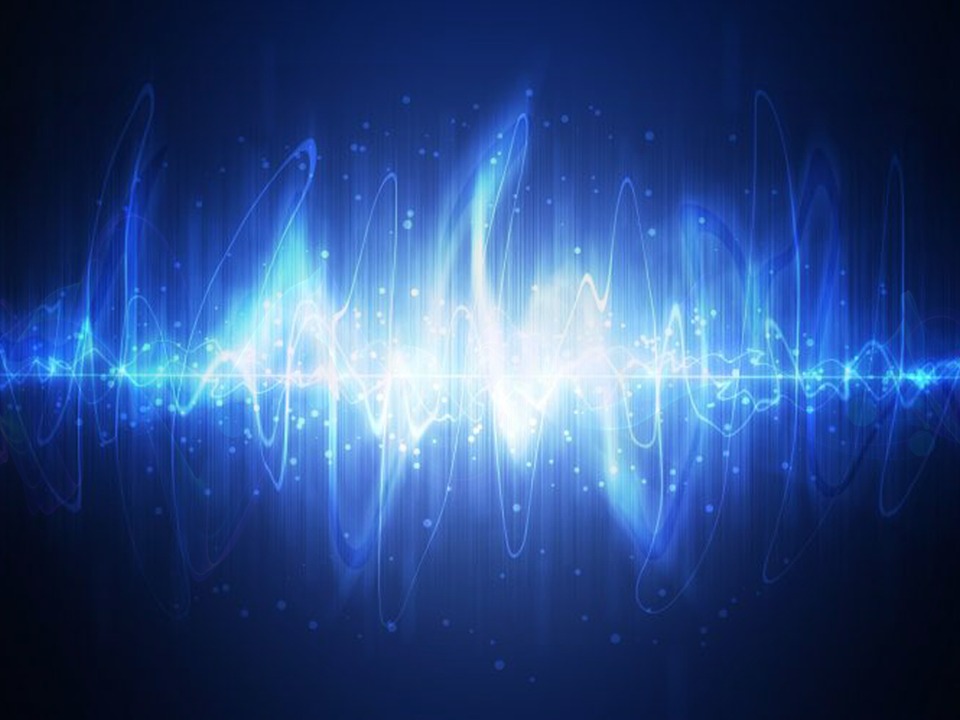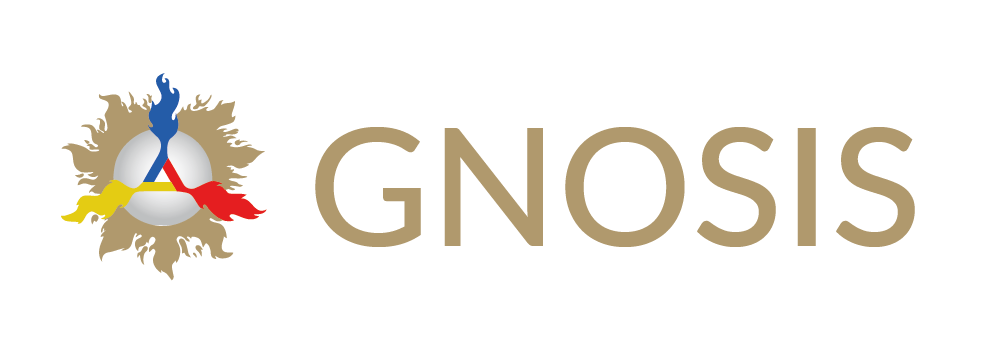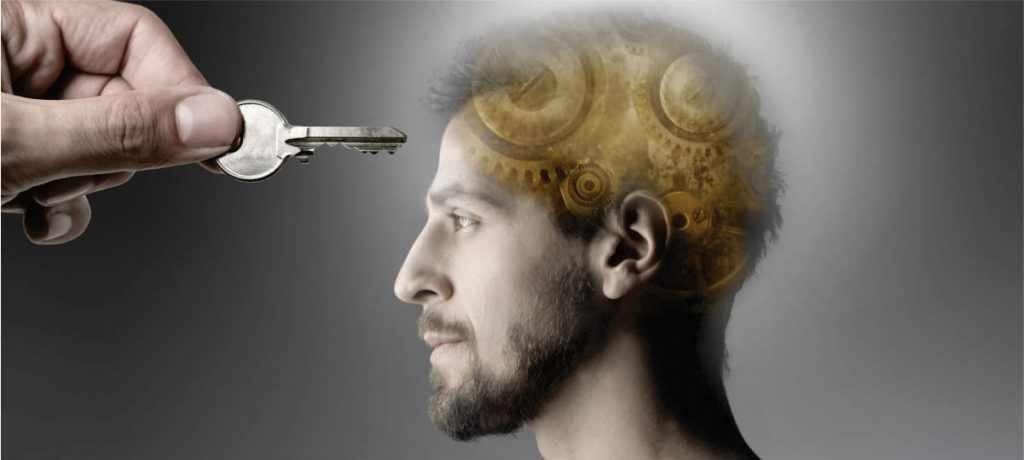
THE POWER OF THE WORD: the ancient magic of the verb
30 October, 2021The machine man
One of the most basic themes studied in Gnostic psychology is the highly technical, programmed and mechanical behaviour of modern man. It is often said that man is the master of nature. Indeed, his most distinguishing feature, the intellect, has produced great technological feats. For example, it allows a person to connect to any part of the world via his mobile phone interface. Modern man has created spacecraft, satellites, drones, automated cars, robots powered by artificial intelligence, and so on. However, he does not know himself. He does not know that he is a machine of far greater complexity than any machine he has invented. That is why it is said that man is not yet man, but an intellectual animal, a machine man.
When we look into the practical field of self-observation, we find that this is demonstrated by an automatic reactive behaviour marked by a certain unconsciousness as regards thoughts, emotions and actions. We could therefore say that thinking, feeling and acting as we “want” is actually not as free as we generally assume. In fact our desires, our projects, our plans, our opinions, our concepts are executed within us like software, algorithms or apps. All these are installed in this human machine whose functioning we have no knowledge of.
This programme is the result of our life experiences, which have shaped our character and personality: experiences of family, school, religion, politics, in economic, sexual, social, cultural areas and so on. All of this programmes the man-machine and, as a result, we live a life that follows the dictates of this programming.
The mechanics of life
Life is an endless daily repetition. The succession of events between waking up and going to sleep is sometimes repeated like clockwork: waking up, getting dressed, eating, brushing our teeth, driving, taking the bus, working, studying, drinking coffee, talking, eating again, desiring, shopping, complaining, fighting, lying, eating again, sleeping, and so on.
A person may not realise that the train of his life always follows the same tracks. And that, day after day, month after month, year after year, he keeps repeating scenes: some dramatic, some comedic, some even tragic. He suffers from this theatrical, soap operatic condition, but he doesn’t even suspect that this is the logical result of what he himself does and what he has inside him. And if he does not know himself, he will never be able to change this and direct his life consciously.
“The Intellectual Animal is a machine, but a very special machine; if this machine comes to understand that it is a machine, if it controls itself and if circumstances permit, it can cease being a machine and become a Man”. V.M. Samael.
 Seeking a more conscious life
Seeking a more conscious life
How do we transform our lives? How do we stop being machines? The first step is to recognise that we are machines. However, we do not mean the intellectual approach of believing, affirming and arguing that we are machine-men. Rather, we need to change our perspective and our habitual way of thinking. That is, we need to activate the cognitive faculty of consciousness. In a word, to wake up, to perceive directly the stark reality of our unconsciousness, of the automatic mechanical behaviour that characterises our way of living. To realise that an unexamined routine life gives it a monotonous, boring and intolerable taste. Then, we understand that we are machines. For this, we need to apply the techniques of self-knowledge such as self-observation.
To begin this wonderful path to your inner self and to learn these techniques we invite you to join our free online and in-person self-knowledge courses.




